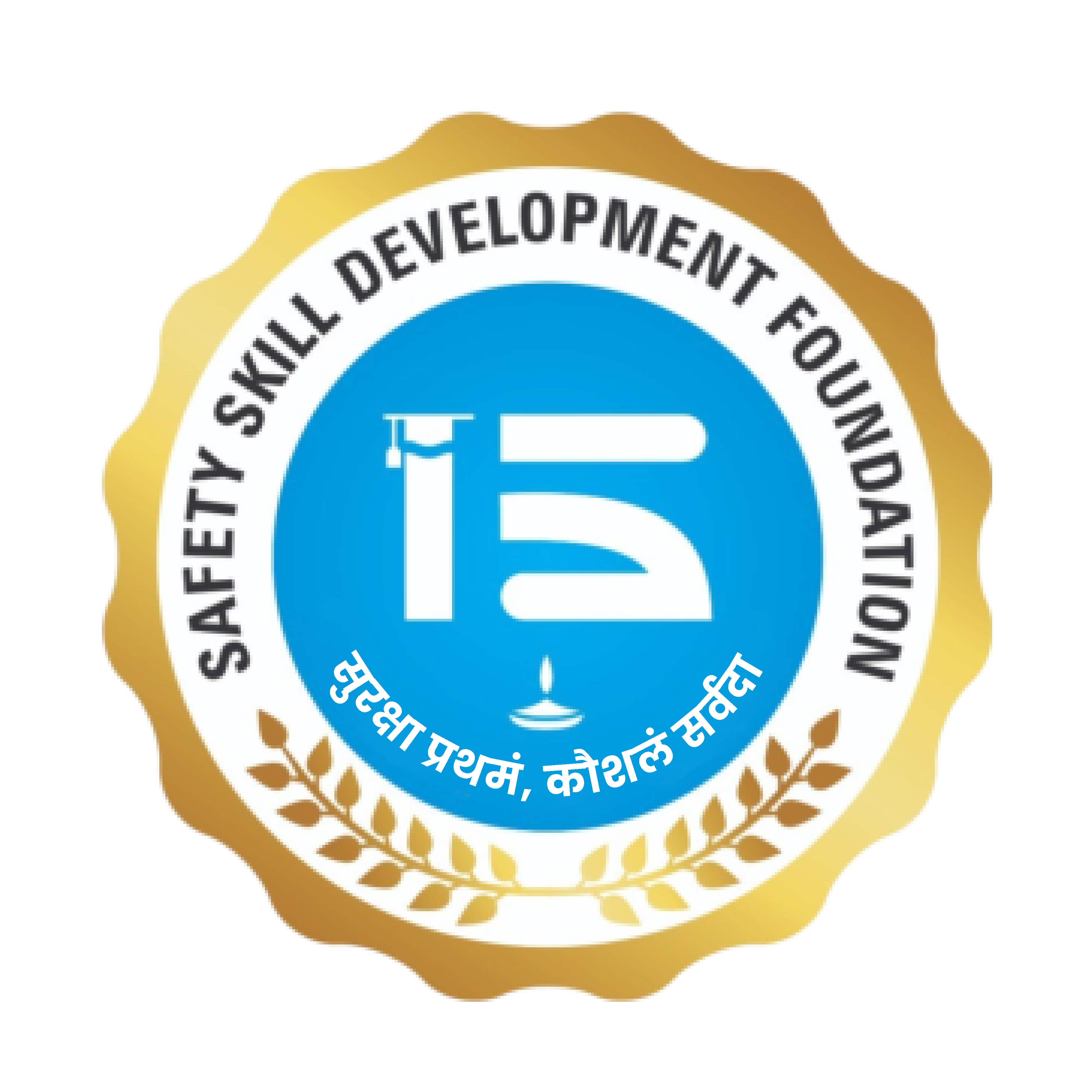40 years of the Bhopal Gas Tragedy: A Call for Safety Skills and Training
Table of Contents
- Introduction
- The Night of the Tragedy: A Brief Overview
- Key Failures and Lessons from the Tragedy
- Lessons from the Bhopal Gas Tragedy
- SSDF’s Role in Preventing Industrial Disasters
- How SSDF Promotes a Culture of Safety
- Conclusion: A Safer Future Through Proactive Measures
Forty years ago, on the night of December 2-3, 1984, the city of Bhopal, India, witnessed the world’s worst industrial disaster. The catastrophic leak of methyl isocyanate (MIC) gas from the Union Carbide India Limited (UCIL) plant claimed thousands of lives and left countless others with lasting health issues. This tragedy serves as a stark reminder of the critical importance of safety protocols, training, and skills in industrial operations.
As we mark the 40th anniversary of this tragedy, it is imperative to reflect on the lessons learned and underscore the role of organizations like the Safety Skill Development Foundation (SSDF) in equipping industries with the tools to prevent such incidents.

The Night of the Tragedy: A Brief Overview
The Bhopal gas tragedy was a catastrophic failure of safety protocols and equipment. A combination of maintenance lapses, inadequate safety systems, and poor operational oversight led to the release of over 40 tons of MIC gas. Key contributing factors included:
- Non-functional safety equipment: Refrigeration systems and vent gas scrubbers were deactivated.
- Neglected maintenance: Corroded pipelines and leaking valves allowed water to mix with MIC.
- Lack of training and emergency preparedness: Workers were ill-equipped to handle the crisis.
- The consequences were devastating, with over 4,000 immediate fatalities and long-term environmental and health effects still felt today.
Key Failures and Lessons from the Tragedy
Technical Failures
- Disabled refrigeration system
- Faulty pressure gauges and temperature alarms
- Non-functional vent gas scrubber and flare system
Human Errors
- Insufficient training for operators
- Ignored maintenance schedules and safety protocols
Management Oversight
- Reduced safety training duration
- Inadequate hazard analysis
- Neglect of early warning signs and near-misses
Lessons from the Bhopal Gas Tragedy
- Importance of Asset Integrity
Robust maintenance programs are essential to prevent equipment failure. Preventive, predictive, and corrective maintenance ensures operational reliability and safety.
- Necessity of Safety Training
Training should be comprehensive and ongoing, focusing on hazard awareness, process safety, and emergency response. Regular drills can prepare workers for potential scenarios and instill a culture of safety.
- Embracing Inherently Safer Design (ISD)
The principle of ISD advocates for eliminating hazards at the source by using safer materials, simplifying processes, and minimizing inventory of dangerous substances.
- Role of Process Hazard Analysis (PHA)
PHA identifies and evaluates potential risks, enabling organizations to design mitigation strategies proactively. This systematic approach is vital for preventing catastrophic incidents.
SSDF’s Role in Preventing Industrial Disasters
The Safety Skill Development Foundation (SSDF) was established to address the gaps in safety training, awareness, and industrial preparedness. Recognized as an awarding body by NCVET and the Ministry of Skill Development & Entrepreneurship, SSDF offers a range of programs aimed at fostering a culture of safety across industries.
SSDF’s Key Initiatives:
- Training Programs: Industry-specific courses for sectors like chemical manufacturing, construction, and mining.
- Certification: Competency-based certifications aligned with national and international standards.
- Skill Development: Hands-on training and virtual simulations for emergency response and hazard management.
- Public Awareness Campaigns: Educating communities on the importance of industrial safety.
How SSDF Promotes a Culture of Safety
- Proactive Training Programs: SSDF designs programs that integrate real-world scenarios, ensuring workers can recognize hazards and act promptly.
- Customized Safety Solutions: Recognizing that every industry has unique risks, SSDF tailors its training to address sector-specific challenges.
- Technology Integration: Use of virtual classrooms and simulations to enhance learning experiences.
- Collaboration with Industries: Partnerships with businesses to develop safety standards and implement best practices.
- Focus on Continuous Improvement: Regularly updated training modules incorporate the latest safety research and technologies.
Conclusion: A Safer Future Through Proactive Measures
The Bhopal gas tragedy serves as a grim reminder of the catastrophic consequences of neglecting safety. However, it also offers valuable lessons on the importance of stringent safety protocols, proactive training, and a robust safety culture. Organizations like the Safety Skill Development Foundation are at the forefront of creating safer industrial environments. By equipping workers with the right skills and fostering a culture of responsibility, SSDF ensures that tragedies like Bhopal remain a thing of the past.
As we commemorate the 40th anniversary of this disaster, let us reaffirm our commitment to industrial safety and work collectively towards a future where safety is prioritized above all else.







